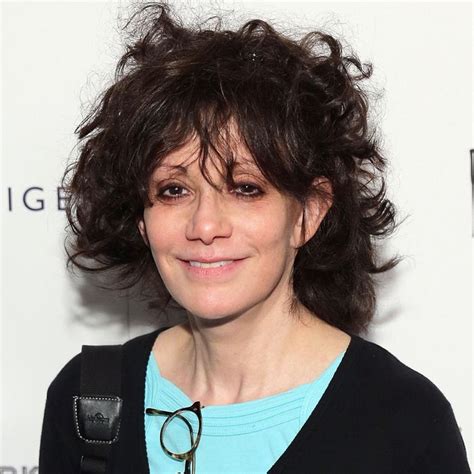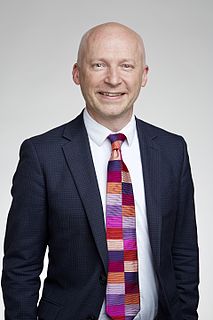A Quote by Amy Heckerling
It definitely sharpened my interest in language, the way people used language, slang words, speech patterns. There's a big advantage to being the outsider.
Related Quotes
Being a slow reader would normally be a deficiency; I found a way to make it an asset. I began to sound words and see all those qualities - in a way it made words more precious to me. Since so much of what happens in the world between human beings has to do with the inconsideration of language, with the imprecision of language, with language leaving our mouths unmediated, one thing which was sensuous and visceral led to, in the use of language, a moral gesture. It was about trying to use language to both exemplify and articulate what good is.
It has not been definitively proved that the language of words is the best possible language. And it seems that on the stage, which is above all a space to fill and a place where something happens, the language of words may have to give way before a language of signs whose objective aspect is the one that has the most immediate impact upon us.
I found cause to wonder upon what ground the English accuse Americans of corrupting the language by introducing slang words. I think I heard more and more different kinds of slang during my few weeks' stay in London than in my whole "tenderloin" life in New York. But I suppose the English feel that the language is theirs, and that they may do with it as they please without at the same time allowing that privilege to others.
We believe we can also show that words do not have exactly the same psychic "weight" depending on whether they belong to the language of reverie or to the language of daylight life-to rested language or language under surveillance-to the language of natural poetry or to the language hammered out by authoritarian prosodies.
To demarcate [words in way that changes the meaning] is simply to speak a different language than everyone else. And I do not accept semantic games like that. [...] We need to use words as they are actually used and understood. We can correct errors and inconsistencies and make distinctions. But we can't try to foist an alien language on people.
The advantage of the gypsy language, even though I don't understand it that much, the language is perfect melody. So if you propose the movie the way I do, then the language is just one part of the melody. Orchestrating all inside, and the language is following the meaning of what they say, and it's never the same as written.
There is something false in this search for a purely feminine writing style. Language, such as it is, is inherited from a masculine society, and it contains many male prejudices. We must rid language of all that. Still, a language is not something created artificially; the proletariat can't use a different language from the bourgeoisie, even if they use it differently, even if from time to time they invent something, technical words or even a kind of worker's slang, which can be very beautiful and very rich. Women can do that as well, enrich their language, clean it up.
Lying is the misuse of language. We know that. We need to remember that it works the other way round too. Even with the best intentions, language misused, language used stupidly, carelessly, brutally, language used wrongly, breeds lies, half-truths, confusion. In that sense you can say that grammar is morality. And it is in that sense that I say a writer's first duty is to use language well.
But actually a code is a language for translating one thing into another. And mathematics is the language of science. My big thesis is that although the world looks messy and chaotic, if you translate it into the world of numbers and shapes, patterns emerge and you start to understand why things are the way they are.
If you listen to the urban speech patterns there you'll find it's quite characteristic that a sentence will begin in one language, go through a second language and end in a third. It's the very playful, very natural result of juggling languages. You are always reaching for the most appropriate phrase.






































